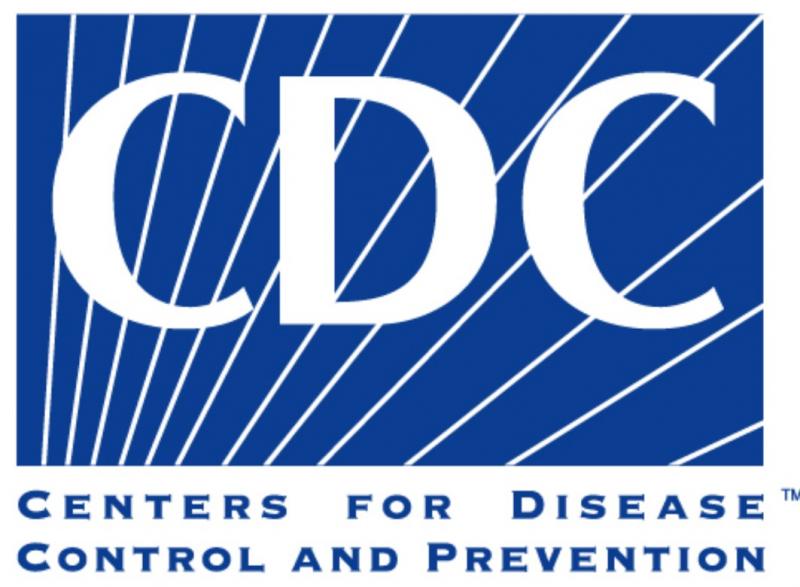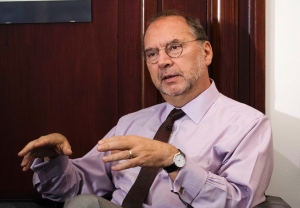You are here
Tue, 2012-04-17 17:45 — mdmcdonald
This working group is focused on discussions about health.
The mission of this working group is to focus on discussions about health.
Add Content to this group
Members
| Corey Watts | John Girard | jonber37 | Kathy Gilbeaux | Lisa Stelly Thomas | Maeryn Obley |
| mdmcdonald | MDMcDonald_me_com | mike kraft |
Email address for group
health-us@m.resiliencesystem.org

 cdc.gov - April 3, 2015
cdc.gov - April 3, 2015

 Studies in nonhuman primates suggest that the drug is effective against Ebola and Marburg viruses and could be useful as a broad-spectrum antiviral, the HHS said in a statement. BCX4430 is currently in phase 1 human trials, and if results show safety, it could be one of the treatments to be tested for efficacy in clinical trials.
Studies in nonhuman primates suggest that the drug is effective against Ebola and Marburg viruses and could be useful as a broad-spectrum antiviral, the HHS said in a statement. BCX4430 is currently in phase 1 human trials, and if results show safety, it could be one of the treatments to be tested for efficacy in clinical trials. Dr. Peter Piot is the recipient of the Canada Gairdner Global Health Award, recognizing his work on the discovery of the Ebola virus in 1976 and his leadership in the global response to the HIV-AIDS epidemic.
Dr. Peter Piot is the recipient of the Canada Gairdner Global Health Award, recognizing his work on the discovery of the Ebola virus in 1976 and his leadership in the global response to the HIV-AIDS epidemic.
Recent Comments